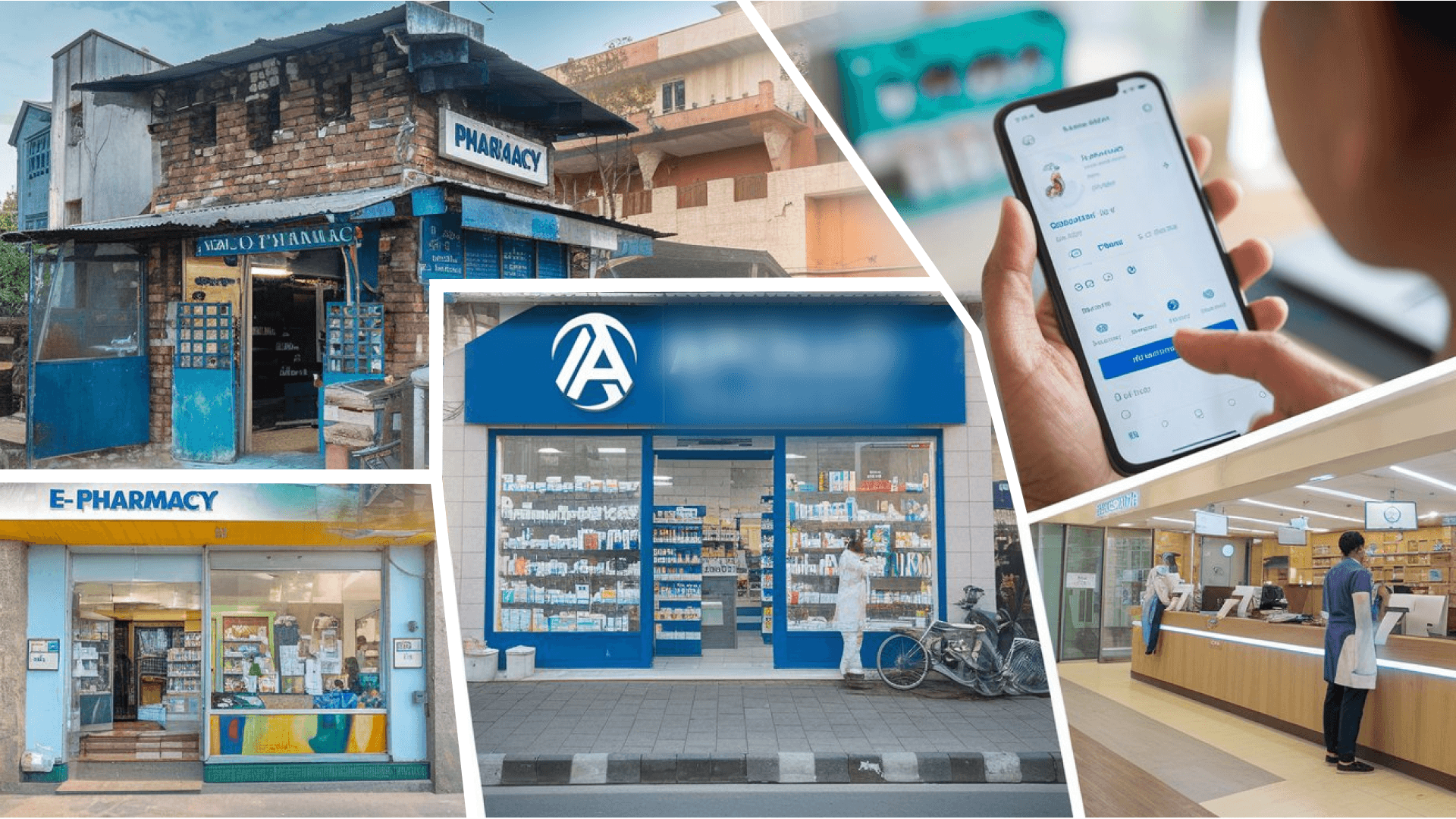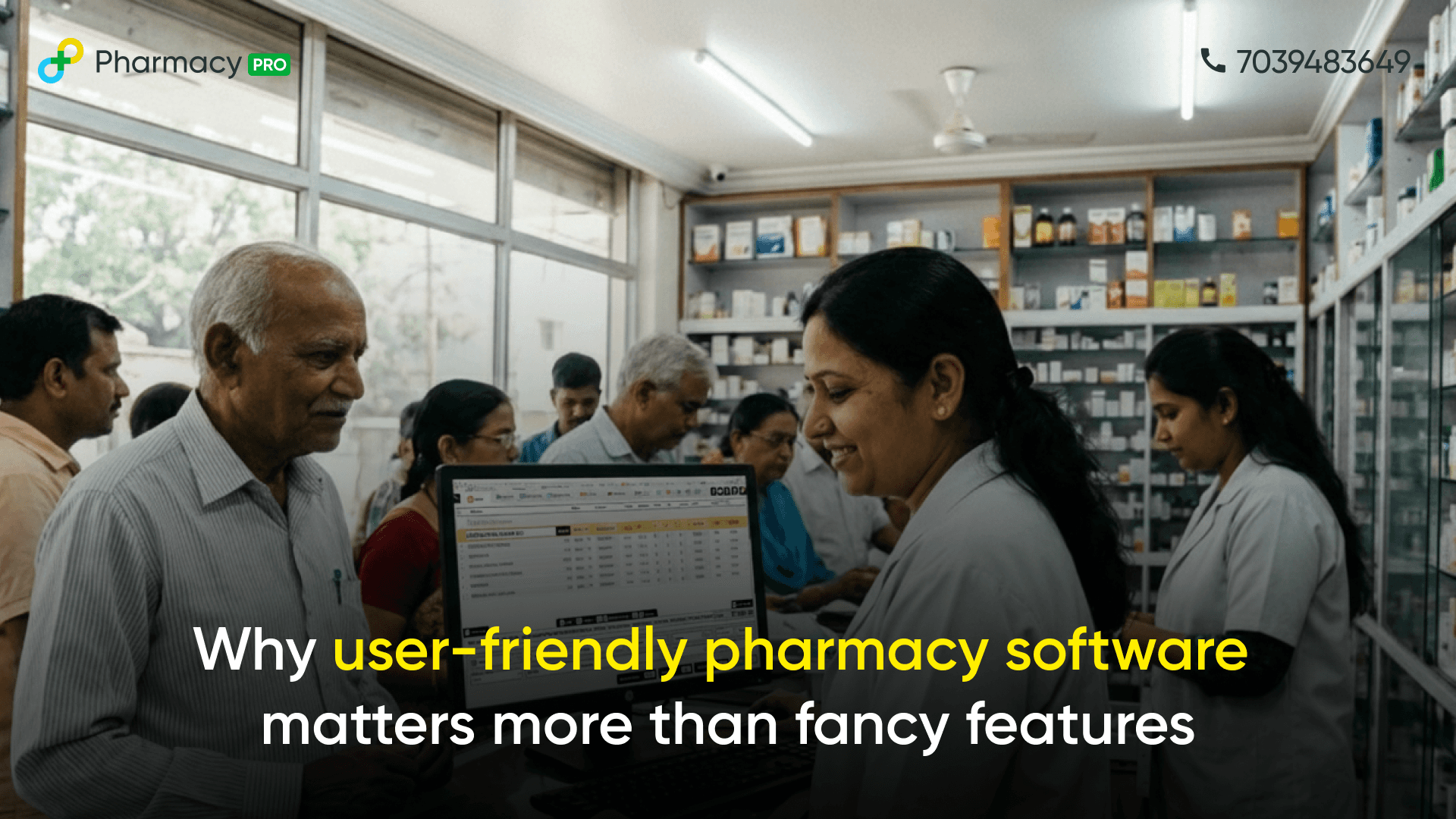The pharmacy industry in India is multifaceted and offers various services that meet the varying health requirements of its citizens. There are local pharmacy shops that cover a smaller geographical range and adjust to the needs of the local population, and there are e-pharmacies. In this regard, let’s have a detailed examination of the various types of pharmacies available in India and their unique features.
Retail Pharmacies These pharmacy outlets can be found in communities independently or as part of a small chain of stores. They primarily cater to the surrounding communities and offer a variety of prescribed drugs, as well as over-the-counter, and health-related items. What distinguishes retail pharmacies is their ability to meet local demands by tailoring their products to clients and having a personal touch.
Chain Pharmacies: A chain pharmacy operates a number of pharmacy outlets under the same ownership, but each one is situated in other cities or states. Some chain pharmacies include Apollo Pharmacy and MedPlus. They operate on similar price lists, have the same product lines, and offer services such as online ordering and home deliveries.

E-Pharmacies (Online Pharmacies): Also, known as e-pharmacies, these pharmacies are web-based and sell prescription and health-related products to customers who place their orders through online websites or apps. Some of the sites are Netmeds, 1mg, and PharmEasy. The advantage of e-pharmacies is that they are easy to use and access, offer reasonable pricing and discounts, and faster delivery.
Community Pharmacies As the name suggests, such pharmacies are usually intended to meet the healthcare requirements of a particular community which allows offering advice and care in particular areas of need. They maintain good ties with other healthcare professionals in the area and stress on health education and counseling of patients.
Hospital Pharmacies Such pharmacies are located within hospitals and serve the admitted and discharged patients as well as working closely with the medical personnel for a correct medication management regime.

Clinical Pharmacies These pharmacies are mainly concerned with medication therapy management and often work alongside healthcare networks to ensure patient health is improved, usually in a clinical or inpatient hospital environment.
Compounding Pharmacies They also prepare medications that are especially designed for an individual patient who cannot use commercially available products.
Industrial Pharmacies These industrial pharmacists engage in the practice of medicines where they are able to create, formulate and create policy around medicines.
Generic Pharmacies Generic type of pharmacies mainly focus on generic medicines which are low-cost alternatives to the brand drugs. The role of generic pharmacies in facilitating disease management and alleviating costs is critical, often aided by policies that encourage the use of generics. Conclusion The variety of ways that pharmacies operate in India indicates a large and diverse healthcare demand across the country. Different types of a pharmacy have their own strengths and weaknesses and offer different services to the health sector. Whether through retail pharmacies which provide patient-centered care, or through generic pharmacies which provide cheaper medication options, each establishment enhances the patient's health and access to the required medication.



